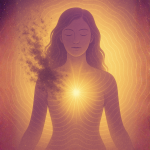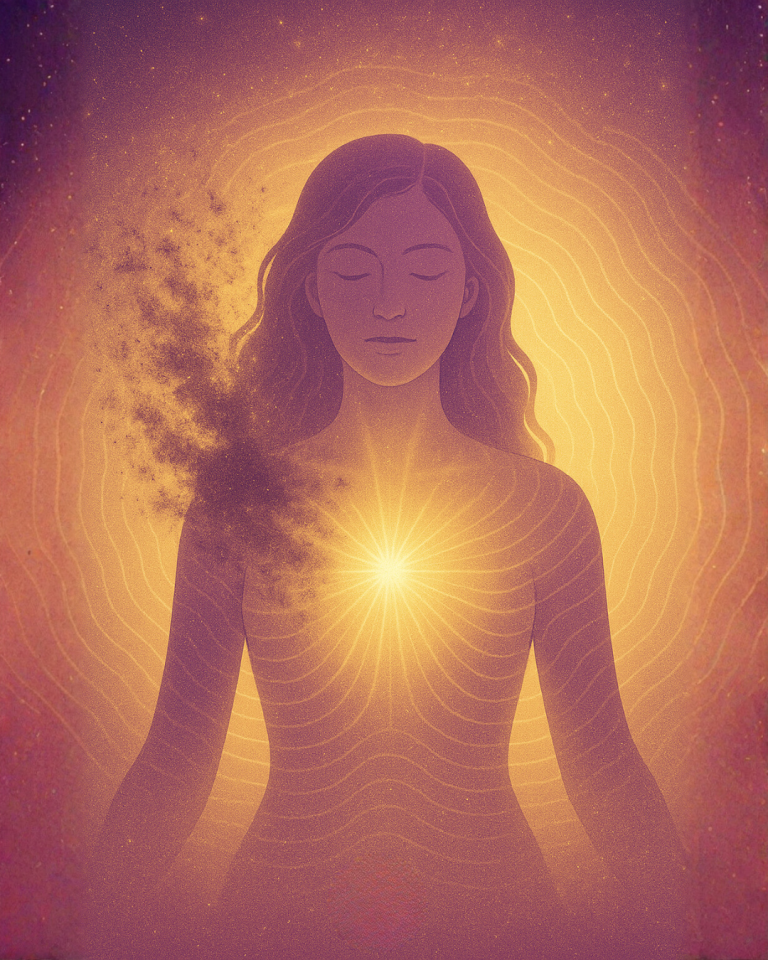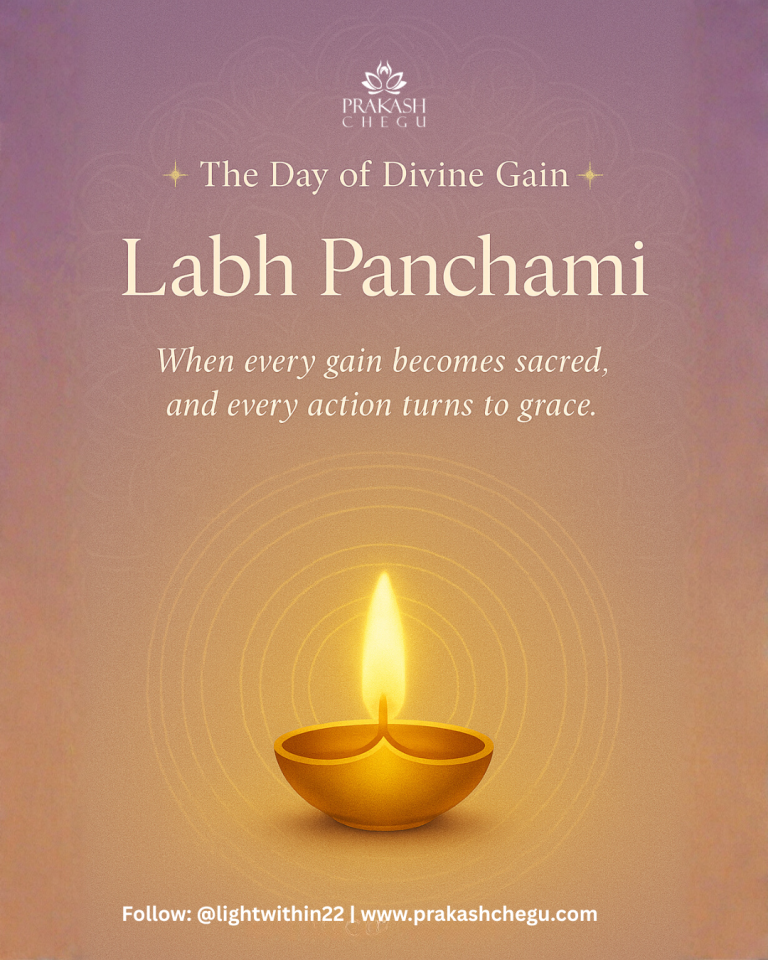Have you ever wondered why a simple melody can bring tears to your eyes? Why a beat makes your feet tap before your mind even registers it?
Music is not just entertainment. It is a profound rewiring force that shapes the brain, emotions, and even the body’s healing processes.
🧠 How Music Rewires the Brain
When you listen to music, sound waves enter the temporal lobe, where your brain decodes them for:
- Patterns – rhythm, melody, harmony
- Familiarity – memory associations
- Meaning – emotional resonance and story
But this is just the beginning.
Listening to music triggers a cascade of neural activity across the brain:
✔️ Hippocampus: taps into memory, which is why a song can instantly transport you to a childhood moment.
✔️ Amygdala: processes emotion, making music a direct portal to joy, sadness, or nostalgia.
✔️ Limbic System: governs motivation and reward, releasing dopamine that gives you that euphoric “musical high.”
💃 Why You Tap Your Feet
Music doesn’t just stay in the emotional centers. It activates the motor cortex, which governs movement. That’s why:
- Your feet tap involuntarily
- Your head sways with a melody
- Dancing feels so natural when music plays
The body and music are intimately linked through the brain’s wiring.
🧩 The Orbitofrontal Cortex: Where Music and OCD Meet
Interestingly, music also lights up the orbitofrontal cortex (OFC), the brain’s hub for:
- Decision-making
- Emotional evaluation
- Anticipation and reward
This same region is hyperactive in people with obsessive-compulsive disorder (OCD). Researchers are now exploring overlaps between musical tension cycles and OCD mental loops. Both involve:
- Anticipation
- Build-up of tension
- Resolution and release
This is part of why music feels so gripping – it manipulates our emotional expectations, then rewards us with resolution.
🌟 Music as Medicine
Beyond emotional impact, music holds extraordinary promise for precision medicine:
🎵 Mozart’s compositions have been shown to reduce seizure activity in people with epilepsy.
🎵 Music therapy aids patients with Parkinson’s, Alzheimer’s, and stroke – restoring motor function, unlocking lost memories, and improving emotional regulation.
Even in brain injury recovery, music can build new neural pathways, helping patients regain functions once thought lost.
💡 Why Does This Matter?
Because music is one of the only activities that engages nearly every region of the brain simultaneously. Its immersive, patterned nature makes it ideal for:
✔️ Strengthening neural connections
✔️ Rewiring dysfunctional pathways
✔️ Enhancing mood, memory, and movement
✨ Final Reflection
Music is not just sound. It is medicine, memory, and emotional alchemy woven into rhythm and melody.
Next time a song gives you goosebumps or moves you to tears, pause and honor it. In that moment, you are experiencing one of the most powerful integrative forces of human evolution.






